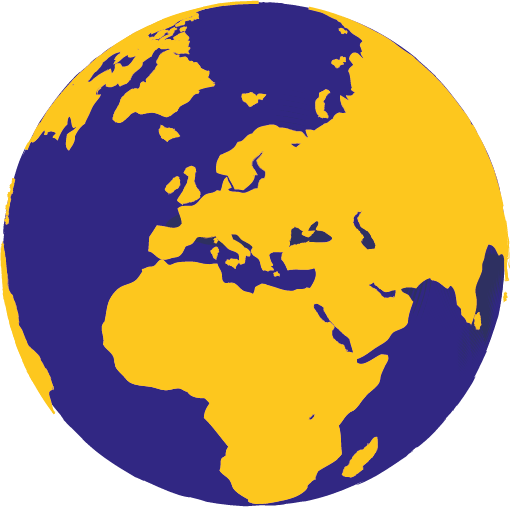Daniel* lives in an orphanage in Port-au-Prince.
He is eight years old.
Two years ago, Daniel’s mother died of cholera, an epidemic that has claimed the lives of over 8,000 people in Haiti since October 2010. Poor and unable to cope, Daniel’s father felt he had no choice but to send his son 100 kilometres away from his home village to an institution in the capital. He believed that this was Daniel’s only chance for an education, and to escape the epidemic that had taken the life of his mother. Most healthcare and schooling in Haiti, even for children, is not free.
Unfortunately, when Daniel arrived at the orphanage, he realised that his father had been misled. It is a cold and unloving place, with large dormitories of children. He is often hungry as there is not enough food to go around, and often forced to miss what little schooling the orphanage offers in order to help collect water.
Daniel’s father is simply too far away to visit. Infrastructure in the country has been badly hit by the fall-out from the earthquake in 2010, and there is no bus that his father can take to reach him. Rural areas like the one Daniel has come from are isolated from the larger cities, with little access to services like these. This isolation is another reason that lots of parents can be easily convinced that an orphanage in the city will offer their child more opportunities than they can at home.
Every night, Daniel dreams of his father and of his old life, safe in the warmth of his local community.
It doesn’t have to be this way. Thankfully for Daniel and the many other children like him, there is much support within the Haitian Government and amongst national and international NGOs to commit to closing orphanages throughout the country, and to begin returning these children to their homes and families. They are in the process of instating a moratorium on the creation of any new orphanages.
In 2015, Lumos began collaborating officially with partners in the country, performing assessments of orphanages, training staff and devising a programme of deinstitutionalisation. There is much work to do, but there is certainly also much hope for the children of Haiti who, like Daniel, just want the chance to grow up in a family.
*All names have been changed



